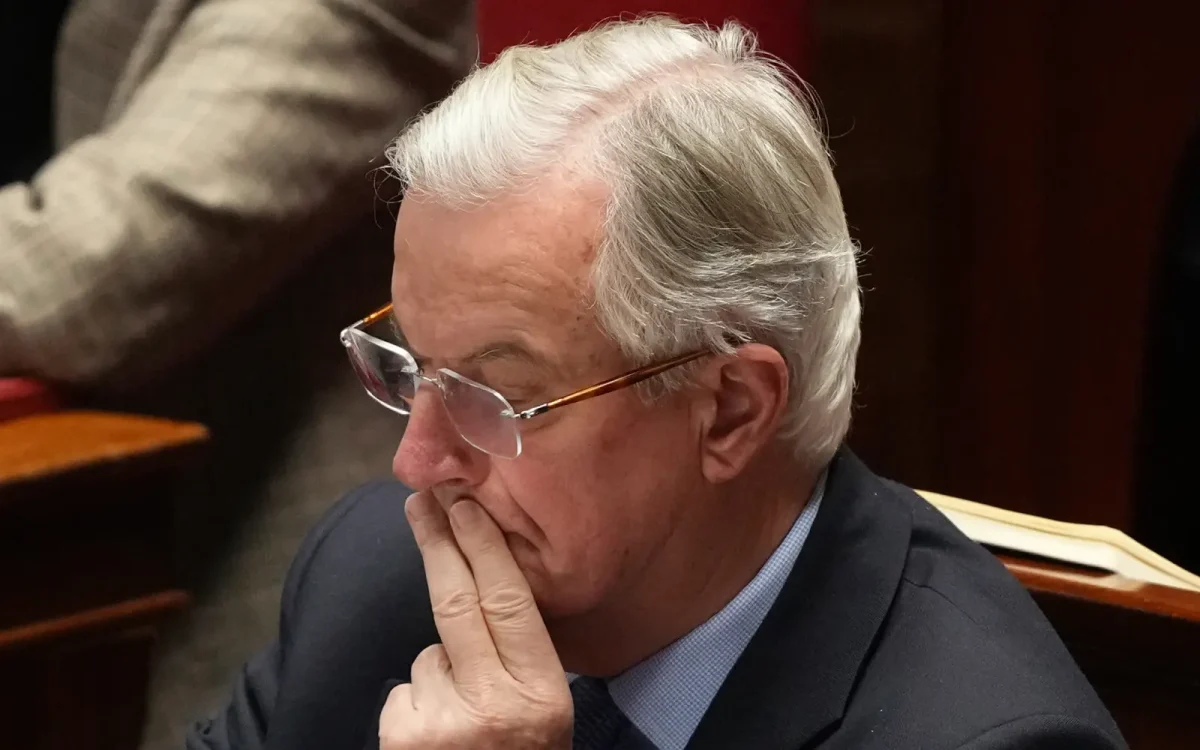On December 4, the French National Assembly voted to remove France’s prime minister, Michel Barnier, from his position, marking the first time since 1962 that a no-confidence vote has successfully ousted a government.
According to The Guardian, Barnier’s €60-billion budget proposal for 2025, in response to France’s economic deficit, was the reason for the motion. He claimed the proposal would have been beneficial for the French people. The proposal included tax increases and spending cuts, but it was met with a deadlock in the Assembly for weeks. However, on Monday, Barnier pushed a social security financing bill, using an article from France’s constitution that allowed him to pass the bill without anyone needing to vote on it. As a result, the left-wing alliance brought down the no-confidence vote, with the right-wing following suit. The following vote resulted in a majority of 331 votes from MPs.
According to The Associated Press, Barnier’s proposal aimed to fix France’s debt, estimated at 6% of the country’s GDP. The economic uncertainty of France’s future is also predicted to curb growth and investment in the country. French interest rates may also increase, which would exacerbate the existing debt. These factors are especially of concern because, according to The Washington Post, France is Europe’s second largest economy. In addition, the German government had just collapsed a few weeks ago. While the immediate risk of the issues in France affecting the rest of the Eurozone is small, there are fears that persistent economic and political problems could lead to consequences for the European Union. The French government has just a month to decide on its budget, or else a government shutdown will ensue. Even though the government technically has the power to carry out the previous year’s budget plan into the following year, the fact that Barnier’s government was ousted presents a tough question of legality.
A major supporter of the vote was Marine Le Pen, who, alongside her far-right National Rally Party, was a major voice in supporting the no-confidence vote. According to The Guardian, Le Pen, who had been reached by Barnier for negotiations to satisfy demands, claimed that the budget proposal would have been detrimental to French households. Barnier, on the other hand, has argued that due to the government’s collapse, further economic chaos and uncertainty would ensue, and that his budget was necessary to solve France’s economic issues. Le Pen also stated that the Party’s decision to oust Barnier’s government was done in part due to her voters’ concerns about the cost of living.
According to The Guardian, when French President Emmanuel Macron held a sudden snap election in June, no party was able to gain a majority. This serves as a potential issue for Macron, as, according to The Washington Post, the president of France must present their pick for prime minister to Parliament. This might end up being an issue because Le Pen has stated that her party would reject any nominee from the left-wing alliance, which gained the most seats during the June elections.
According to The Associated Press, Macron has called the rumors about his potential resignation “make-believe politics.” He will be serving the rest of his term through 2027.













































































































































